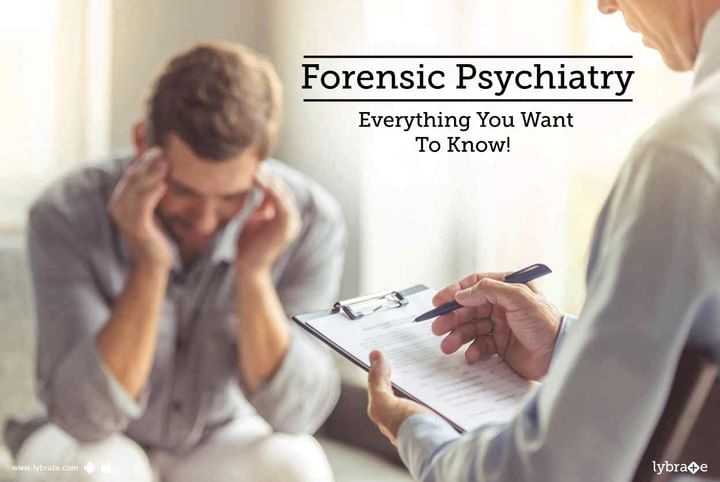Forensic Psychiatry - Everything You Want To Know!
Forensic psychiatry is generally identified as a specialized offshoot of psychiatry, dealing with the calculated treatment and evaluation of mentally disordered offenders in secure hospitals, prisons and in the community. This branch of psychiatry requires an in-depth understanding and thorough knowledge of the connection between legality and mental health. Patients are generally those with personality dysfunctions, mental illness, psychopathic disorders, organic brain damage, learning disability and other conditions such as histories of abuse and traumatic experiences as well as substance abuse and misuse.
Nature of the work-
The most important prerequisite of this branch of psychiatry is a secure and safe environment where the subjects are liable to legal restrictions. Evaluation and assessment may vary from highly secured hospitals and prisons to low secure units and community based services. Forensic psychiatrists must have a thorough knowledge of civil, criminal and case law because of their frequent dealings with criminal justice agencies and the courts. An important component of forensic psychiatry is risk assessment and evaluation. Forensic psychiatrists must be fluent and adept at handling patients during emergencies or routine situations. Moreover, they should be calm, composed and professional in their dealings especially with patients who display instability or violent and aggressive behavior.
The probation service, the prison service, and the courts generally rely on forensic psychiatrists for expert advice, precisely because of their familiarity with preparing reports for mental health review tribunals and criminal justice agencies.
Imperatives-
- Quintessentially, the obligatory role of a forensic psychiatrist requires:
- Ability to treat others with understanding and respect
- Ability to work flexibly
- Emotional resilience along with the ability to empathize with patients
- Anticipation and an inherent initiative to work in challenging situations
- Good communication skills
- A scientific and analytic approach and assessment
- Good leadership qualities



+1.svg)
